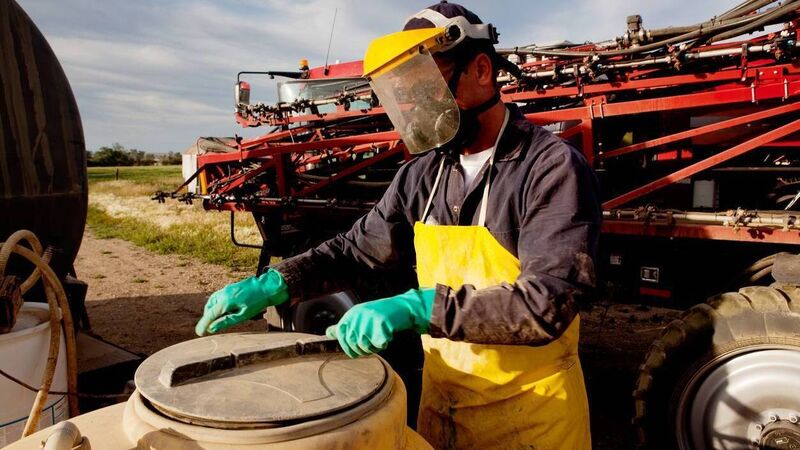Calls for pesticide and chemical amnesty scheme

The creation of a scheme to collect stocks of illegally held pesticides and other hazardous chemicals is being considered by the Government.
The creation of a scheme to collect stocks of illegally held pesticides and other hazardous chemicals is being considered by the Government.
Renewed focus on the issue follows the finding of a dead white-tailed eagle on land between Cavan and Westmeath last November.











